This course examines the theories and practices of multicultural education which are presented as central to teaching and learning, not as marginal or added on to the “regular” curriculum. Study of multicultural concepts (e.g., inclusion, accurate representation, multiple perspectives, indigenous scholarship) will reveal how diverse knowledge bases have been historically muted in educational and other discourses. In order to avoid replicating this exclusionary practice, prospective and practicing teachers will explore ways in which students’ (and their own) multiple identities are embedded in teaching and learning that accurately represents diverse knowledge bases. Such an approach is multicultural and therefore emancipatory because it encourages students to become thinkers and producers of knowledge-practices that increase students’ opportunities and life chances. Three Credit Hours.
The Master of Science in Educational Leadership Program
The Master of Science in Educational Leadership Program is a 12 course (36 credit hour) program that may be taken either full time or part time. To complete the program on a full time study basis, students will register for 3 courses each semester which will enable them to complete the entire program in four semesters.
Required Courses:
This course is designed to introduce graduate students to the principles of research in education. Students will become effective consumers of educational research by analyzing the literature in a particular area of study and synthesizing the results into material that can be applied to diverse educational settings. Students will also develop practical research skills that they might use to assist them in their own professional development. Practitioners enrolled in this course will complete a field-based research project pertaining to their area of study. Three Credit Hours.
This is a required introductory course for all candidates in the Educational Leadership program. This course is one of the first courses taken in the program. Students outside of the Educational Leadership concentration may register with the permission of the instructor. In this course, leadership theory will be applied through the use of individual assessment instruments i.e., analysis of video tapes, case studies, article critiques, role playing and self-assessment critiques. The importance of style of leadership and influences that effect style will be emphasized. Other major concepts will be
analyzed utilizing the Niagara University Leadership Matrix model. These concepts include the attributes and skills to facilitate the leadership process for managing a school building organization. The focus of this analysis is to help to administrative attributes and skills in the context of school leadership. Three Credit Hours.
This is a required introductory course for all candidates in the educational leadership program. This course is one of the first courses taken in the program. In this course, leadership theory will be applied through the use of individual assessment instruments i.e., analysis of video tapes, case studies, article critiques, role playing and self-assessment critiques. The importance of style of leadership and influences that effect style will be emphasized. Other major concepts will be analyzed utilizing the Niagara University Leadership Matrix model. These concepts include the attributes and skills to facilitate the leadership process for managing a school building organization. The focus of this analysis is to help to assess the candidate’s acquisition of administrative attributes and skills in the context of school leadership. Three Credit Hours.
This course includes a study of the current Ontario Statutes and Regulations which govern the schools of Ontario. Students research the legislation both online and in class (hard copy) using a series of questions as a guide and through class discussion examine closely the language, and its implications in a school (district) setting. The history of school law is studied to show how the law changes in response to priorities, issues, and trends. Case studies are used to allow candidates to apply board policy and Ontario law to a given situation of interest. The candidates examine the
consistency and/or discrepancies of the policy with law, formulate their response to the situation and present it to the class. Various trends, reports, and court cases which have resulted in changes in the law are also examined. The court cases are presented by teams of candidates in class and used to promote discussion of the interpretation of aspects of the statutes and regulations. Three Credit Hours.
This offering orients the individual to the functions and major principles of instructional supervision. Attention is devoted to the critical examination of current research and publications about effective supervisory behaviour. Models for clinical supervision are introduced and emphasized within the framework of improving teaching performance and its impact on student achievement. Appropriate strategies for developing and implementing supervisory programs are stressed. Three Credit Hours.
This course is designed to give the participants a background in the plan, design, implementation, and evaluation of various curriculum and educational programs. Three Credit Hours.
The capstone course is an interdisciplinary approach to concepts of leadership as they relate to the school administrator. The course includes a comprehensive survey of studies and readings relative to models, styles, behaviours and problems in educational leadership. The course includes the study of motivation, job satisfaction, decision making, ethical professional behaviour and the role of an educational leader as change agent and innovator in a changing society. A major focus of the course is the development of a school reform plan for a building. Three Credit Hours.
Each candidate’s prior acquired knowledge from program courses and applied field experiences in the educational research program will provide the base for research study, application and writing for this course. Candidates will work with a graduate professor on an individual basis. Candidates will study advanced research concepts, processes and approaches including the concomitant statistical techniques and procedures necessary to bring an investigation to a successful completion and subsequent publication. Three Credit Hours.
This course provides the internship experience requirement for the master’s program in Ontario. Candidates will complete 300 internship hours. The course includes seminar sessions through-out the internship. The internship experiences are aligned with the program standards from Educational Leadership Constituent Council. Three Credit Hours.
Elective Courses:
The course aims to promote French learning and feelings of positive self-efficacy among Teacher Candidates. By incorporating pedagogical approaches that are reflective of effective classroom teaching practices in Ontario classrooms, Teacher Candidates participate in a course that actively fosters the use of the language in authentic situations. Three Credits.
An introductory course in Indigenous Education for educators to acquire fundamental knowledge, pedagogies and skills needed to accurately approach and implement Indigenous Education in schools and to respectfully incorporate Indigenous Knowledge put forth by the Calls to Action in Truth and Reconciliation Commission of Canada of 2015. Three Credits.
This course takes a global approach to the promotion of literacy. Focusing on juvenile and children’s literature as well as on literature applicable to adolescents, the course will provide an in-depth study of literacy beyond our national borders. Methods of teaching literacy – reading, writing, speaking, comprehending, and thinking – to ELL students will be infused in the course. Students will develop lessons, literature-teaching modules, and develop materials for use in future classroom work. Field experience required. Three Credit Hours.
The course will consider social structures operating within a community. Principles and techniques of working with school personnel, organizations and members of the community will be the focus of the course with a view to promoting better public relations. Three Credit Hours.
As leaders deal with the issue of effecting dynamic change, they will need to consider four strategies: 1) training and support for staff; 2) realigning formal roles and relationships; 3) establishing collaborative cultures; and 4) providing transition rituals. Addressing these strategies is the focus of the course. Three Credit Hours.
The seminars/issues in educational leadership will focus on a single concept in leadership which is current in the field and not addressed in depth in other educational leadership courses. The topic of the seminars will be determined by the educational leadership department. This course will focus on the role of the administrator in the implementation of the various legislations and policies in Ontario which impact on the provision of educational programs and services on behalf of students with special education needs. The course includes an in-depth review of the legislation and policies with respect to special education from the perspective of the administrator’s role; building positive partnerships with parents and advocates; creating and managing the school support team; and an exploration of “best practices” with respect to supporting students in their quest for educational success. Three Credit Hours.

